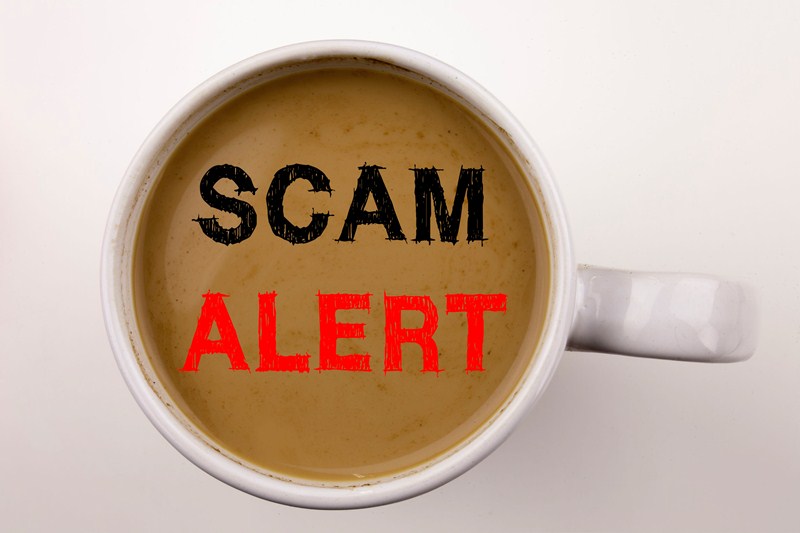Companies House published guidance titled ‘Reporting scams pretending to be from Companies House’ has been updated. The list is intended to help people check if contacts purporting to be from Companies House are actually a scam.
The guidance contains a list of emails, letters and phone calls that are fraudulent. The guidance can be useful to help decide if a contact is genuine or from a fraudster trying to trick people into supplying confidential or personal information.
One of the most recent updates has seen information added on a scam letter asking for payment of £48 for Enhanced Web Filing Access. Companies House say that you should not visit any webpage or QR code links, and do not make any payments to the details shown. If you receive this letter, you should not respond.
The guidance from Companies House also includes sections about a phishing scam related to a WebFiling account, suspicious job vacancies, pension liberation scams and company register payment requests.
There is also information for those who want to make charitable donations to support the people affected by Russia’s invasion of Ukraine. The Charity Commission and Fundraising Regulator has issued guidance for people looking to donate to make sure their donations reach the intended recipients.





